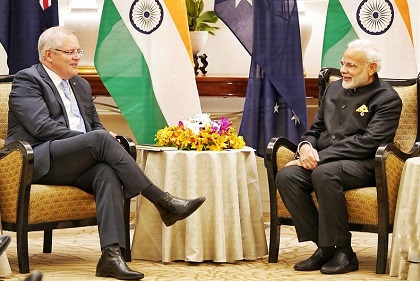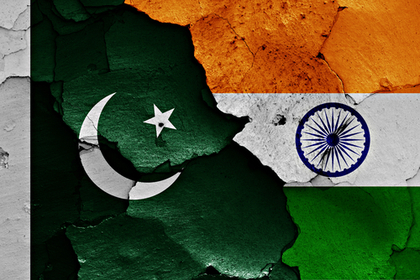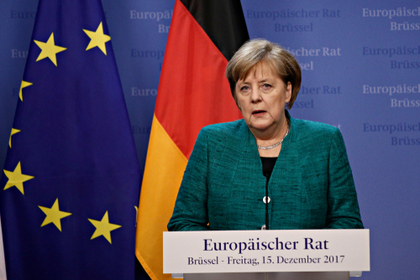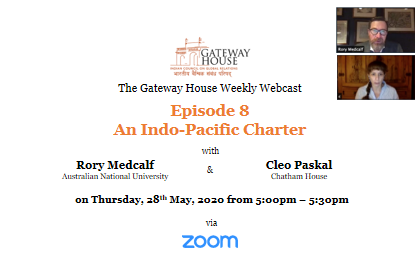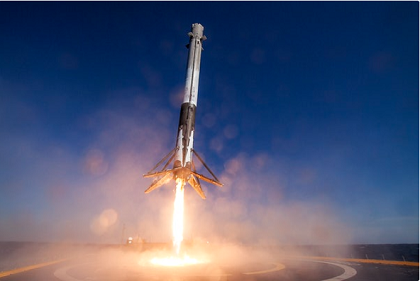India’s Space Sector reform: An Opportunity for Business
Dr. Chaitanya Giri, Fellow, Space & Ocean Studies Programme, Gateway House was in conversation with Manjeet Kripalani, Executive Director, Gateway House on, India's Space Sector reform: An Opportunity for Business.

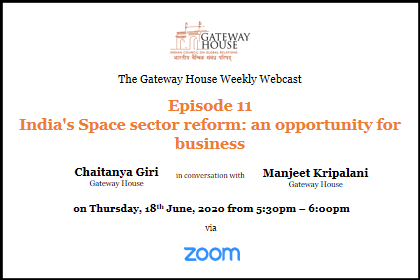
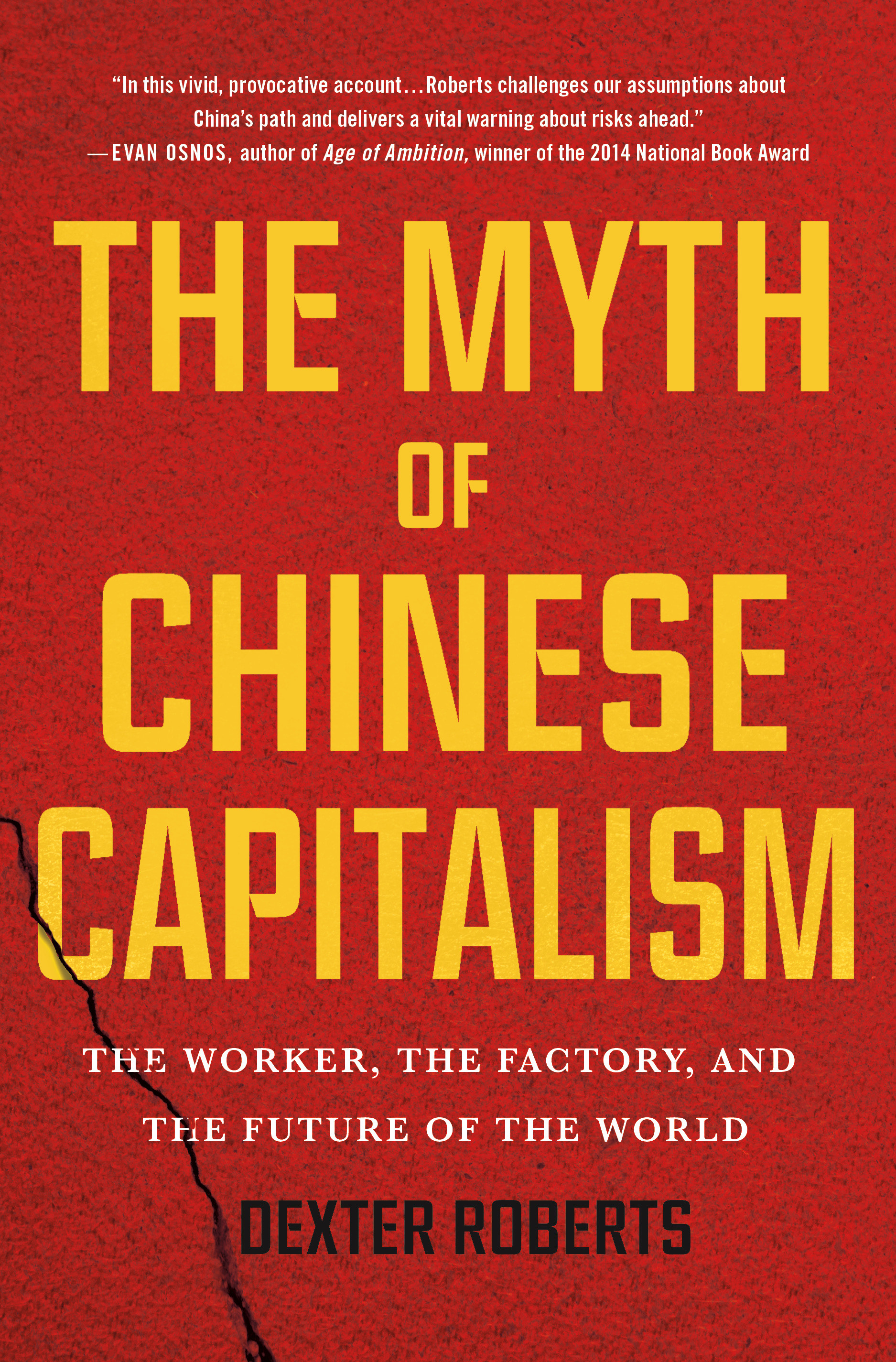
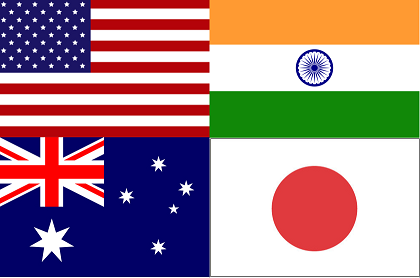
![Image 2[6379]](https://www.gatewayhouse.in/wp-content/uploads/2020/06/Image-26379.png)
